Without the Indigenous voice to parliament, a treaty is vulnerable
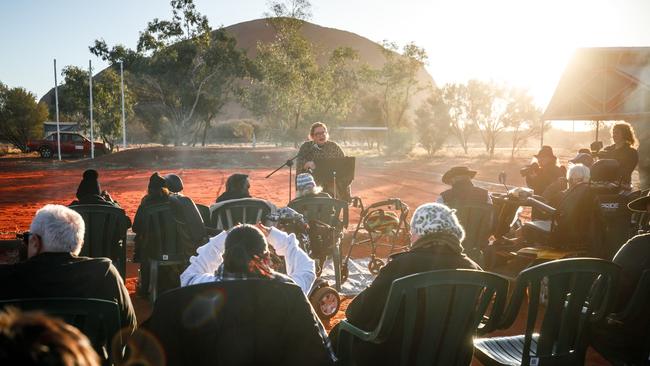
The process was predicated on an amendment to the text of the Australian Constitution through a referendum of the Australian people. The voice to parliament is that reform. A treaty does not require constitutional amendment, nor does “truth-telling”, at least in the way treaty and truth were contemplated by those involved in the dialogues.
The voice to parliament is a structural reform. It is a change to the structure of Australia’s public institutions and would redistribute public power via the Constitution, Australia’s highest law. The reform will create an institutional relationship between governments and First Nations that will compel the state to listen to Aboriginal and Torres Strait Islander peoples in policy and decision-making.
The next phase of the sequence of the Uluru reforms is a makarrata, a process of agreement-making and truth-telling. Treaty has been a long-time aspiration for Aboriginal people. Negotiating a treaty is a nation-to-nation process that requires leverage and resources. Having a voice to parliament will increase the likelihood that treaty negotiations will be productive and successful.
The voice will be an enabling mechanism for First Nations people in any treaty negotiations. Aboriginal and Torres Strait Islander peoples are in a poor negotiating position compared with the state. The voice would create the commission that will support First Nations in those negotiations. Without the voice, a treaty is vulnerable because of the considerable legal power of the commonwealth. State treaty processes are also particularly vulnerable, including those that are ongoing in Australia. Each runs the risk of being undermined by the commonwealth.
The First Nations Regional Dialogues unanimously ranked a voice to the Australian parliament as the No.1 priority in their region and for constitutional recognition.
The idea of a voice to parliament stems from the experience of many Indigenous peoples globally who seek to find pragmatic and functional ways of influencing government. After all, many Indigenous peoples are vulnerable to the state, whose laws and policies often shape the way their lives are lived.
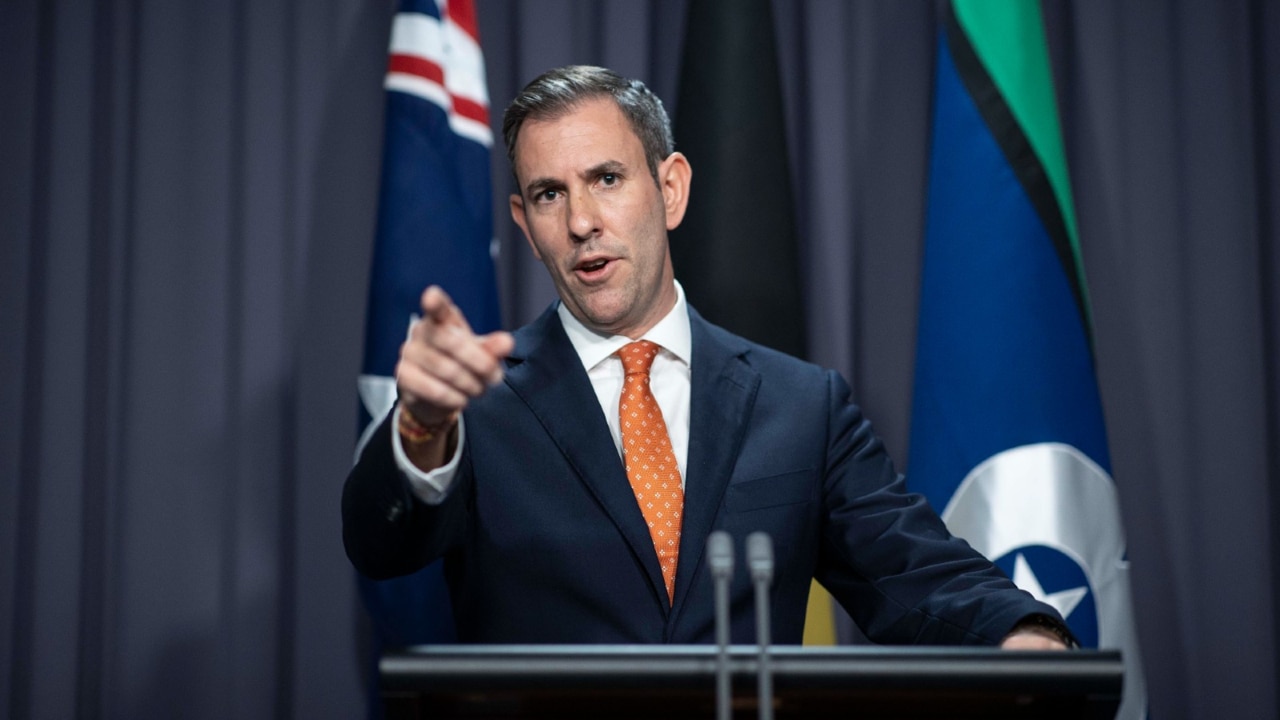
Democracies also function in a way that centres elections as the primary method by which community sentiment is determined. And the ballot box, based on free and fair periodic elections, is a numbers game, given that the representative with the greatest number of votes wins the opportunity to represent the community. The numbers game of elections plays against Indigenous peoples’ issues. Aboriginal and Torres Strait Islander peoples may be the First Peoples, but they are less than 3 per cent of the Australian population. Majority vote at the ballot box and in parliament means it is difficult for their voice to be heard and for them to influence laws that are made about them. It is not surprising, then, that Indigenous peoples have argued for political representation and fairer consultation for more than a century.
In 2007, the UN General Assembly adopted a framework of Indigenous peoples’ rights that reflected global agreement on the minimum standards that should be afforded by the state. In 2009, Australia endorsed the UN Declaration on the Rights of Indigenous Peoples, which emphasises the importance of genuine Indigenous participation and consultation in political decisions made about their rights. However, no formal processes for this to occur have yet been implemented in Australia.
The UN Declaration on the Rights of Indigenous Peoples sets out treaties and agreements as separate to the kind of constitutional power envisaged by the voice. Treaties, agreements and other constructive arrangements are critical for the state and Indigenous peoples to negotiate partnership and rights. These may be recognised constitutionally, legislatively or by way of private law in contract. However, they are separate and in addition to the kind of structural power enabled by constitutional recognition for the voice.
While a treaty might contemplate issues that are exclusively for First Nations to lead on, the reality is that most matters will have some input from different levels of government. The idea behind a voice to parliament is that Aboriginal and Torres Strait Islander peoples are engaged in the development and implementation of laws, policies and programs that always affect them and their rights. This is the only way to achieve better quality policies and laws and a fairer relationship with government.
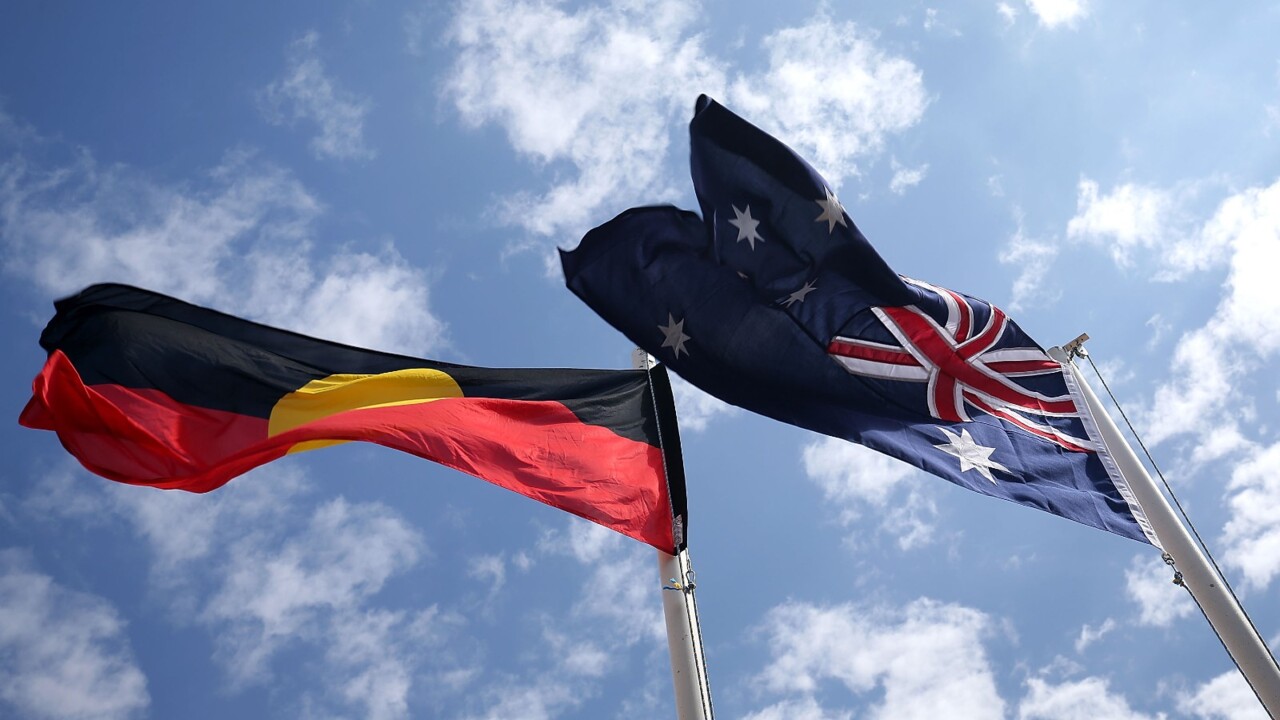
This is one of the compelling reasons the First Nations dialogues thought the Constitution should be amended by establishing an Indigenous body – as many other countries have – to advise parliament on laws and policies relating to Indigenous affairs.
Such a body would ensure that the views of First Peoples are heard by lawmakers and could help parliament enact better and more effective laws. Other countries with a similar structure include Norway, Sweden and Finland, which all have a First Nations parliament with various degrees of authority over some matters and a right to be consulted on legislation. In New Zealand, there are seven seats reserved in parliament for Maori people. In Colombia, there is a constitutional provision that requires government to consult with Indigenous peoples before allowing natural resource exploitation on Indigenous lands.
These examples, and the proposed voice in Australia, are all consistent with the UN Declaration on the Rights of Indigenous Peoples, particularly article 18, which states: “Indigenous peoples have the right to participate in decision-making in matters which would affect their rights, through representatives chosen by themselves in accordance with their own procedures, as well as to maintain and develop their own indigenous decision-making institutions”.
The idea that a voice could scrutinise or monitor the commonwealth’s use of power as it relates to Indigenous peoples is not new in Australia’s constitutional system. There are many mechanisms that inform and advise the federal parliament on such matters. The Productivity Commission, the Australian Law Reform Commission, the Auditor-General and the Australian National Audit Office are examples. Another example of such monitoring work is the scrutiny of proposed laws under the Human Rights (Parliamentary Scrutiny) Act 2011. All of these mechanisms are intended to improve the quality of law and policymaking by the commonwealth.

As constitutional law professor Anne Twomey has said: “It is hard to imagine that anyone would argue that it is better for parliament to be ignorant and ill-informed, its laws ineffective and its expenditure wasteful. There can be no harm in listening to the views of others and using them to improve outcomes.”
Such reforms have been frequently suggested over the years. The Barunga Statement in 1988 called for a “national elected Aboriginal and Islander organisation to oversee Aboriginal and Islander affairs”. The Barunga Statement also called for “the commonwealth parliament to negotiate with us a treaty recognising our prior ownership, continued occupation and sovereignty and affirming our human rights and freedom”.
The calls for reform over the past century reveal advocacy for a voice within the democratic framework of the state as a pragmatic way of First Nations adapting to the legal and political environment imposed on them.
There is also advocacy for a framework for a treaty that would enable communities to practise self-determination. This two-tier approach is common in countries with significant Indigenous populations to ensure every possible mechanism can be adopted to influence the state and to leverage public power to drive change in communities.
This is an edited extract from Everything You Need to Know About the Voice by the co-author of the Uluru Statement from the Heart, Cobble Cobble woman Megan Davis, and fellow constitutional expert George Williams, published by NewSouth Books, out Tuesday.

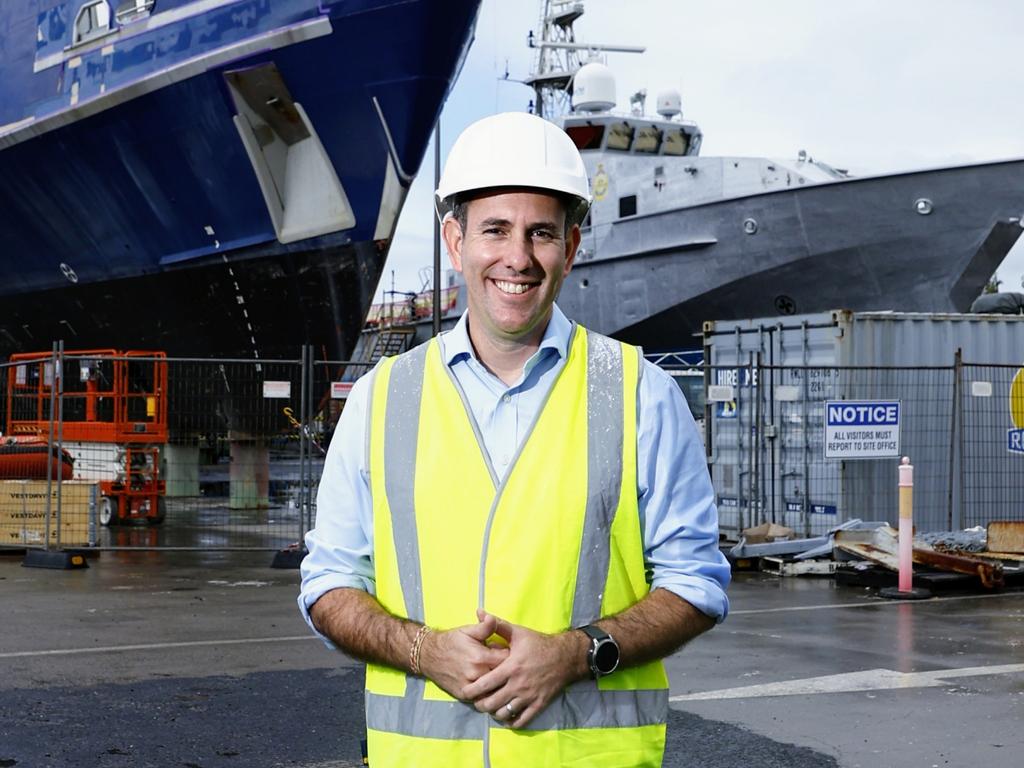


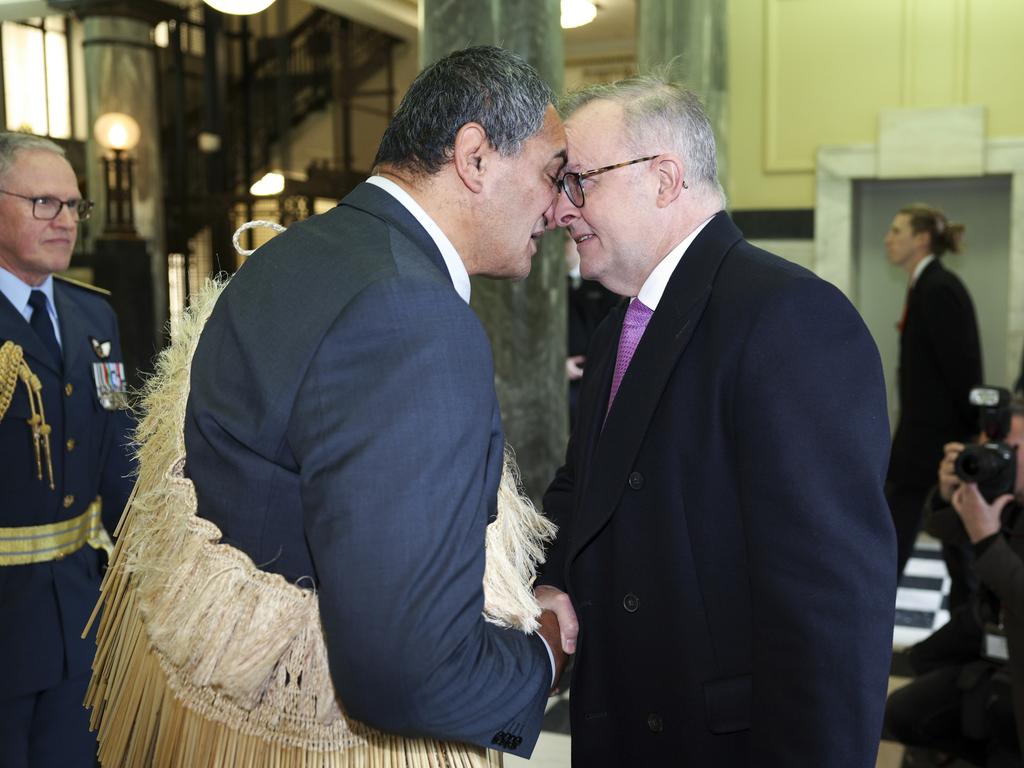
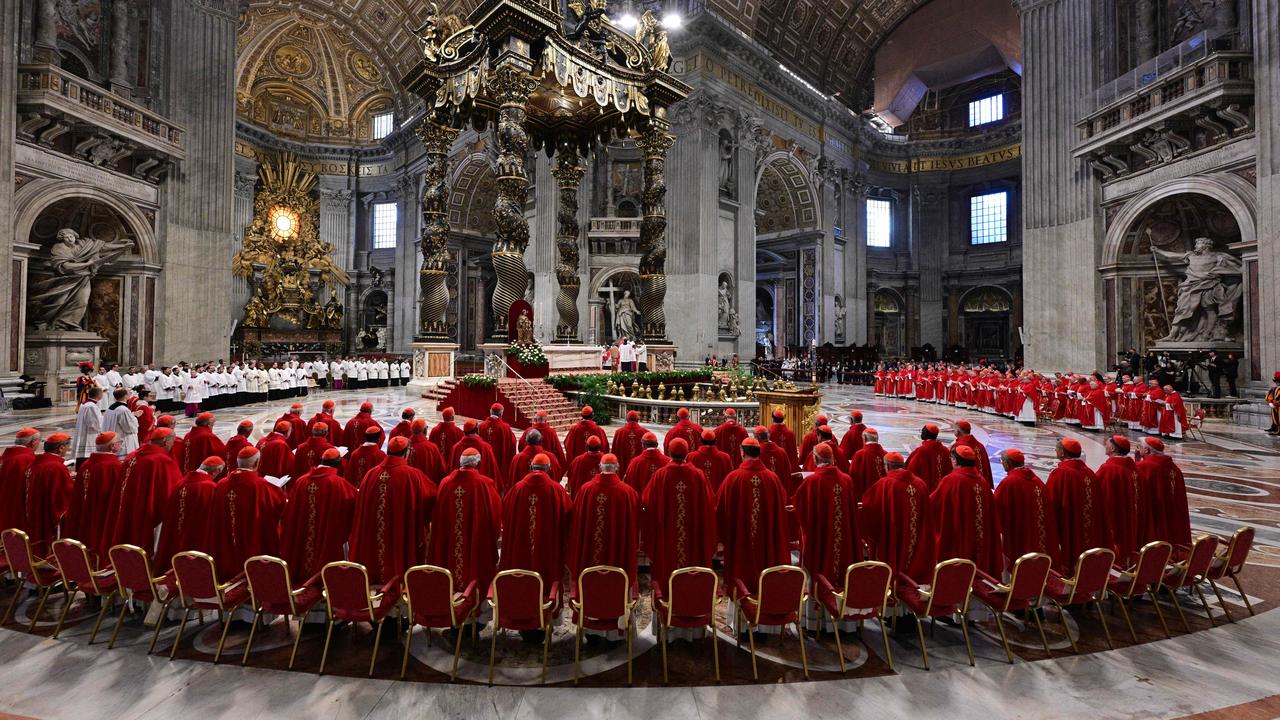
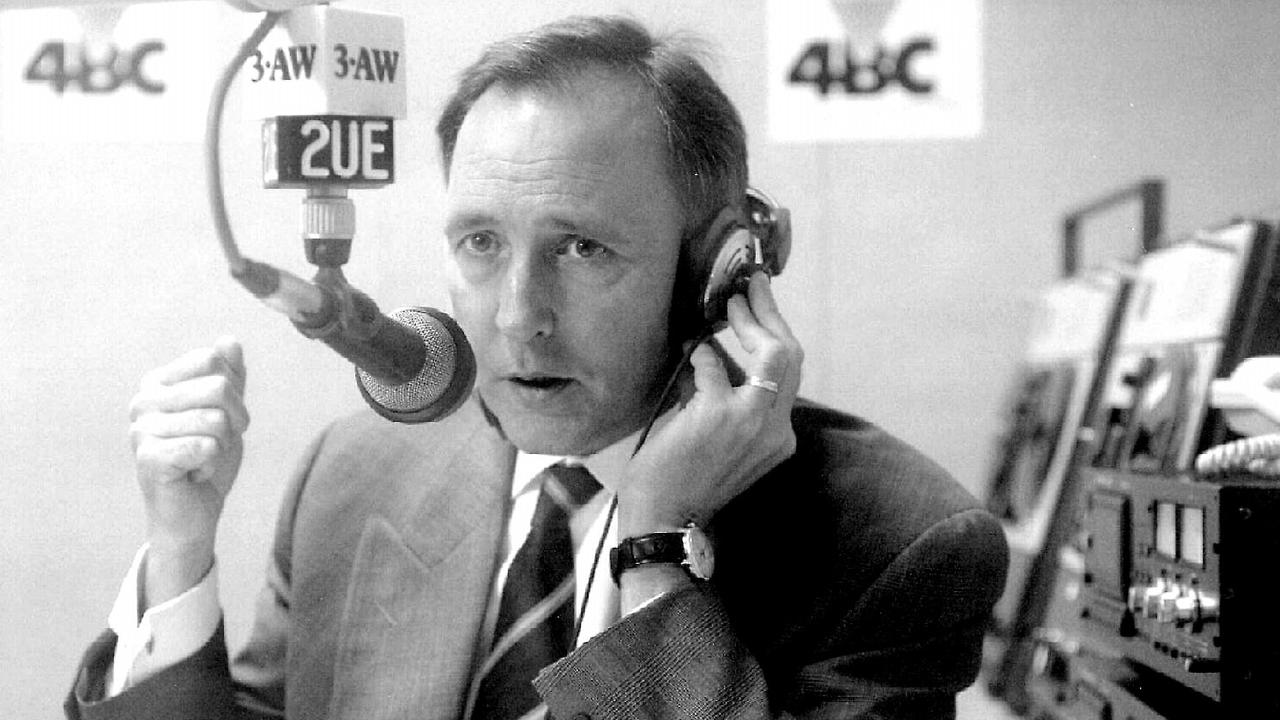
The Uluru Statement from the Heart called for a constitutionally protected voice to parliament, treaty and truth. The reforms are listed in a sequence. The sequence is deliberate, and understanding the order is central to the message of the Uluru statement. It was based on recognition that public institutions, politicians and political parties rarely listen to what Indigenous peoples say about their lives and aspirations. Too often these bodies rewrite, reinterpret and rearrange the things that First Peoples themselves say on matters of reform.